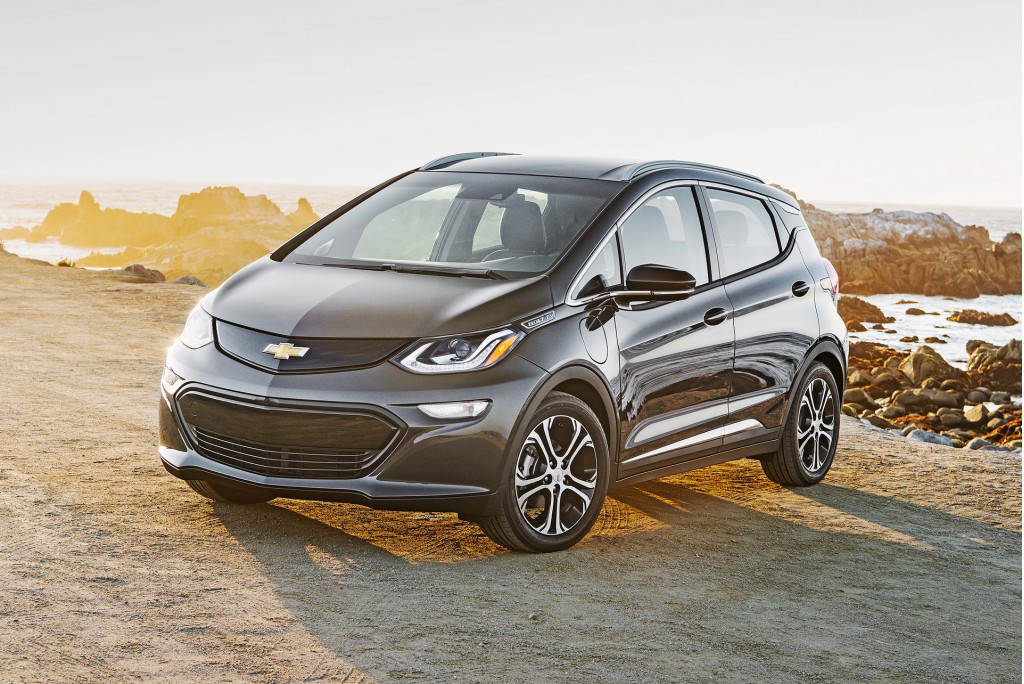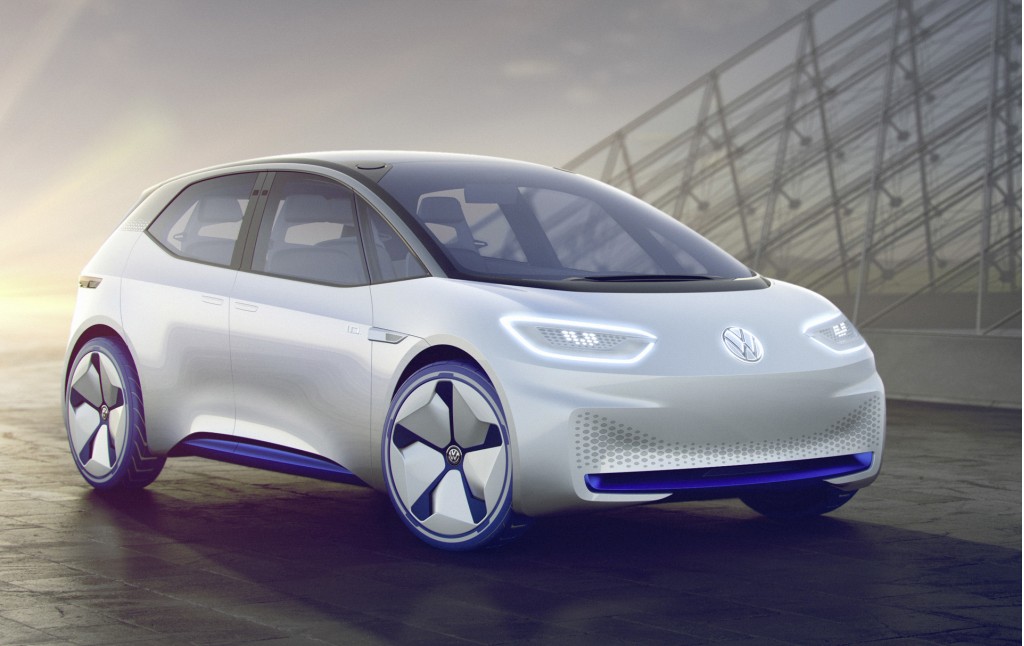Stricter global emissions standards may finally force the majority of established automakers to get serious about electric cars.
But while automakers build more electric cars to meet emissions standards, the extra cost of developing these new models may eat into profits.
That's the conclusion of a new report from global investment bank Morgan Stanley, which has now become quite bullish on the prospects for electric cars.
DON'T MISS: 1 in 6 cars sold in 2020 must be electric to meet fuel-economy rules: study
The bank now believes electric cars will make up 10 to 15 percent of global new-car sales by 2025, according to Forbes.
The "sharply rising costs of regulatory compliance on existing internal-combustion engines" will push automakers to focus more on electric cars, Morgan Stanley analyst Harald Hendrikse said in the report.
The cost of getting internal-combustion engines to meet new emissions standards will the driving factor, Hendrikse said, rather than dramatic improvements to electric cars.

2017 Chevrolet Bolt EV
"Battery costs remain very high," Hendrikse said. "Battery range remains too small, and batteries are still too heavy."
He also questioned whether electric cars are "actually environmentally friendly given thorough-life cost and environmental impact," and whether consumer demand will be able to sustain a larger number of electric-car sales.
The actual state of electric cars may be somewhat less dire than that analysis indicates.
ALSO SEE: Carmakers must cut carbon rapidly to evolve, shareholders say
In its most recent life-cycle analysis of electric cars, the Union of Concerned Scientists found that U.S. electric cars average significantly lower overall carbon emissions than their gasoline counterparts with the current grid-electricity mix.
An expected crop of mass-market 200-mile electric cars—heralded by the 2017 Chevrolet Bolt EV—may also alleviate the issue of "range anxiety" for consumers.
Whether or not they are responding purely to regulatory pressure, automakers are showing more interest in electric cars.

Volkswagen I.D. electric car concept, 2016 Paris auto show
Mercedes-Benz plans to launch an electric-car sub-brand called EQ, while the Volkswagen Group has already confirmed plans for luxury electric cars for its Audi and Porsche divisions, as well as a luxury sedan and a compact model for the main Volkswagen brand.
The VW Group plans to launch 30 electric models across its many brands by 2025.
But all of these efforts will temporarily reduce automakers' profits, Morgan Stanley believes.
MORE: Electric cars to dominate on roads of wealthy cities by 2030: report
It expects automotive EBIT (earnings before interest and tax) to drop in the mid-2020s due to high development costs for new electric cars, and diminishing profits from internal-combustion models.
The need to reduce emissions may necessitate a transition away from internal-combustion powertrains, but that transition will likely be gradual.
Even if automakers throw themselves fully behind electric cars, their internal-combustion models will likely be phased out gradually, and it will take still longer to swap vehicles already on the road for electric models.
_______________________________________________












